Why does the SUN make you feel so good?
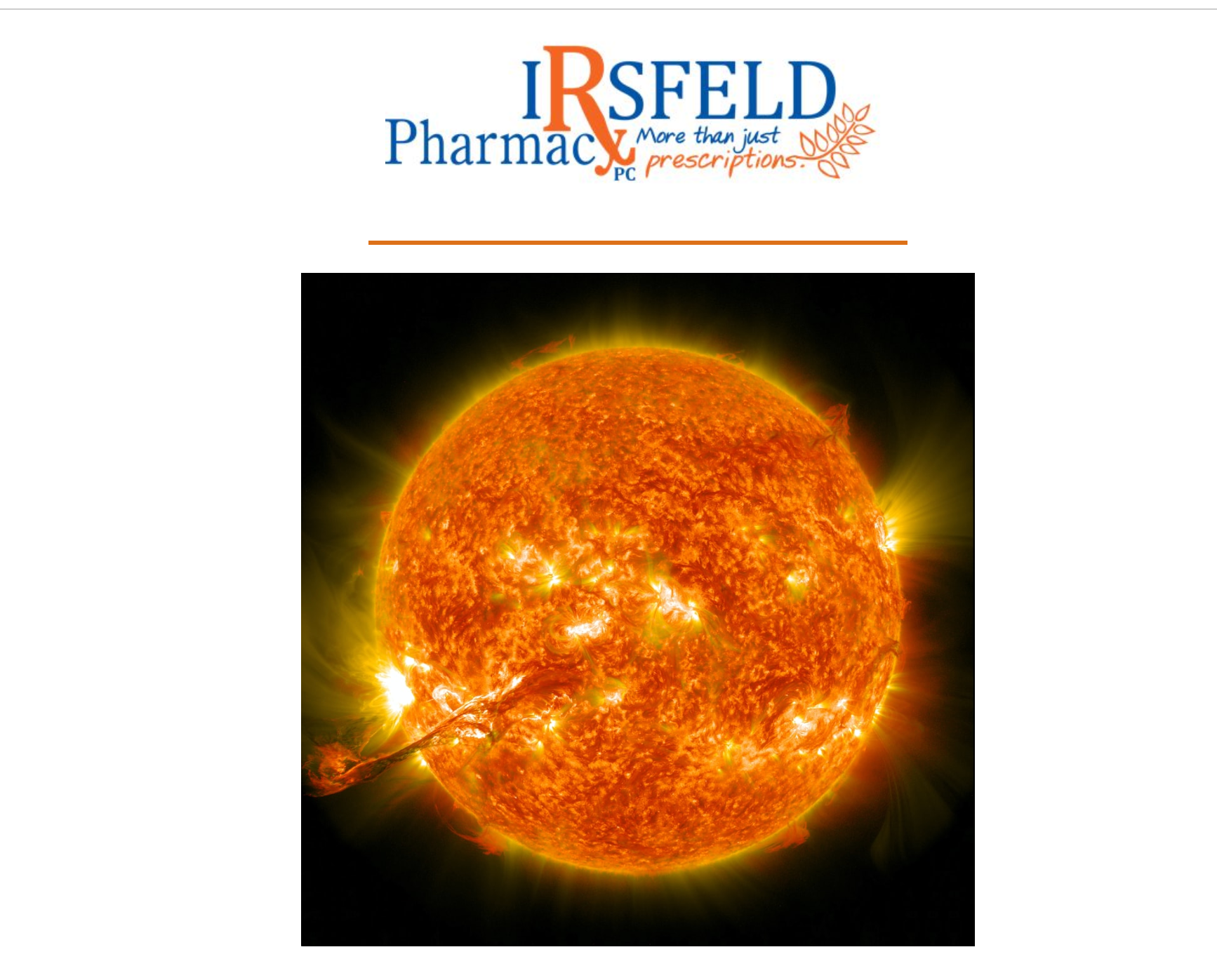
Summer is one of my favorite seasons, especially after enduring the long winter with repeated snowstorms. Most days, it feels good to be hot, and I try to take advantage of the warmth as it won't be long before we are pleading for a warm day as we are chilled to the bone. Balance and moderation in most areas of our life is the optimal way to approach lifestyle, exposure to the sun is no different as you will see by the many benefits. So, don’t be afraid of the sun and get out and enjoy it before it leaves us in the fall.
The sun, the center of our solar system, is a brilliant celestial body that illuminates our world. However, the sun offers more than just warmth and light. It provides various benefits that positively impact our physical and mental well-being. While it is crucial to exercise caution and protect ourselves from harmful ultraviolet (UV) rays, moderate sun exposure can be incredibly beneficial. This article will explore the numerous advantages of embracing the sun, from bolstering our immune system to enhancing our mood and beyond.
One of the most well-known benefits of sun exposure is its role in synthesizing vitamin D. Our bodies convert sunlight into vitamin D, a crucial nutrient responsible for regulating calcium and phosphorus absorption, promoting bone health, and supporting a healthy immune system. Vitamin D deficiency is linked to various health problems, including rickets, weakened immune function, and increased risk of certain cancers. By getting sufficient sun exposure, especially during the morning and late afternoon when the sun's rays are less intense, we can ensure our bodies receive this vital vitamin.
Sunshine has a remarkable impact on our mental well-being. Exposure to sunlight stimulates the production of serotonin, a neurotransmitter known as the "feel-good" hormone. Studies show that increased serotonin levels improve mood, reduce symptoms of depression, and enhance overall mental health. Additionally, sunlight exposure can help regulate our circadian rhythm, promoting better sleep patterns and combating sleep disorders like insomnia. Regular exposure to sunlight can leave us feeling more energized, rejuvenated, and mentally balanced.
Sun exposure boosts our immune system, improving our body's ability to fight off infections and diseases. Research suggests that vitamin D, produced with exposure to sunlight, plays a crucial role in strengthening immune response. Adequate vitamin D levels have been linked to a lower risk of respiratory infections, autoimmune disorders, and even certain types of cancer. By basking in the sun responsibly, we can support our immune system and its vital role in protecting our health.
Not only does vitamin D contribute to our immune system, but it also plays a pivotal role in maintaining strong and healthy bones. Sufficient sun exposure helps our bodies absorb calcium, an essential mineral for bone strength. Strong bones are essential for preventing conditions such as osteoporosis, a progressive bone disease that weakens bones and increases the risk of fractures. Combining moderate sun exposure with a balanced calcium-rich diet can significantly contribute to optimal bone health.
Candy brownie chupa chups I love brownie.
Contrary to popular belief, controlled sun exposure can benefit certain skin conditions positively. Sunlight can help alleviate symptoms like psoriasis, eczema, and acne. Moderate exposure to natural sunlight, especially under the supervision of a dermatologist, can reduce inflammation and improve the appearance of these skin conditions. However, it is crucial to balance the benefits of sun exposure and the need to protect the skin from harmful UV radiation by using sunscreen, wearing protective clothing, and avoiding excessive exposure during peak hours.
You may be asking yourself, "What is moderate sun exposure?" That's an excellent question. In the summer, it takes only about 10 minutes a day of unprotected solar exposure on a small area of skin to produce around 5,000 IU of vitamin D, which is enough for most people—even older folks, who have a slightly reduced capacity to make vitamin D—to maintain normal blood levels.
But for some people, 10 minutes might be too long; for others, too short. To determine the length of time, you can stay in the sun without burning, you can use the UV index, which forecasts the level of solar radiation in your area on a scale of 0 to 11. The UV index varies by location and time of day and year. Most weather apps on your phone report this as part of their daily/hourly forecasts.
To calculate the correct UV dose for you, divide 60 ( minutes in an hour) by the UV index to find out how many minutes outdoors you will take to get 1 SED. SED stands for "standard erythemal dose," a fixed dose of sun intensity that will cause erythema or skin reddening.
The SED rates per skin type are the following:
• Very fair 1-2
• Fair 2-3
• Olive 4-5
• Moderate Brown 5-6
• Dark Brown/black 7-8
For example, if the UV ¬index is 7, divide 60 by 7 to get 8 minutes for 1 SED. If you are fair, you'll get sunburned with 2 to 3 SED (16 to 24 minutes).
These numbers generalize skin type by ethnicity, and it is best to use them conservatively. In the above example, for instance, to be safe, you might go in the sun unprotected for 12 minutes maximum.
Keep in mind that testing your vitamin D level is the sure way to determine if you are getting adequate Vitamin D with sun exposure or through supplementation. The test is a simple finger stick test done at home, and it is very cost-effective. Your provider can also order this test but ensure it is covered by insurance so you don't get surprised when you get your bill.
The sun, a symbol of warmth and vitality, offers numerous benefits for our overall health and well-being. From the synthesis of vitamin D to improved mental health and enhanced immune function, controlled sun exposure can have a profound positive impact on our lives. It is crucial, however, to exercise moderation and protect ourselves from excessive exposure to harmful UV rays. By embracing the sun responsibly, we can harness its immense potential to promote a healthier and happier life.
Stop by or call the pharmacy to discuss the benefits of vitamin D testing and supplementation. Please visit my website at www.irsfeldpharmacy.com to find this and other archived articles in the blog section.
Until next time, be vigilant about your health!!
VISIT US
HOURS
HOURS
CONTACT US
Fax #: (701) 483-4926



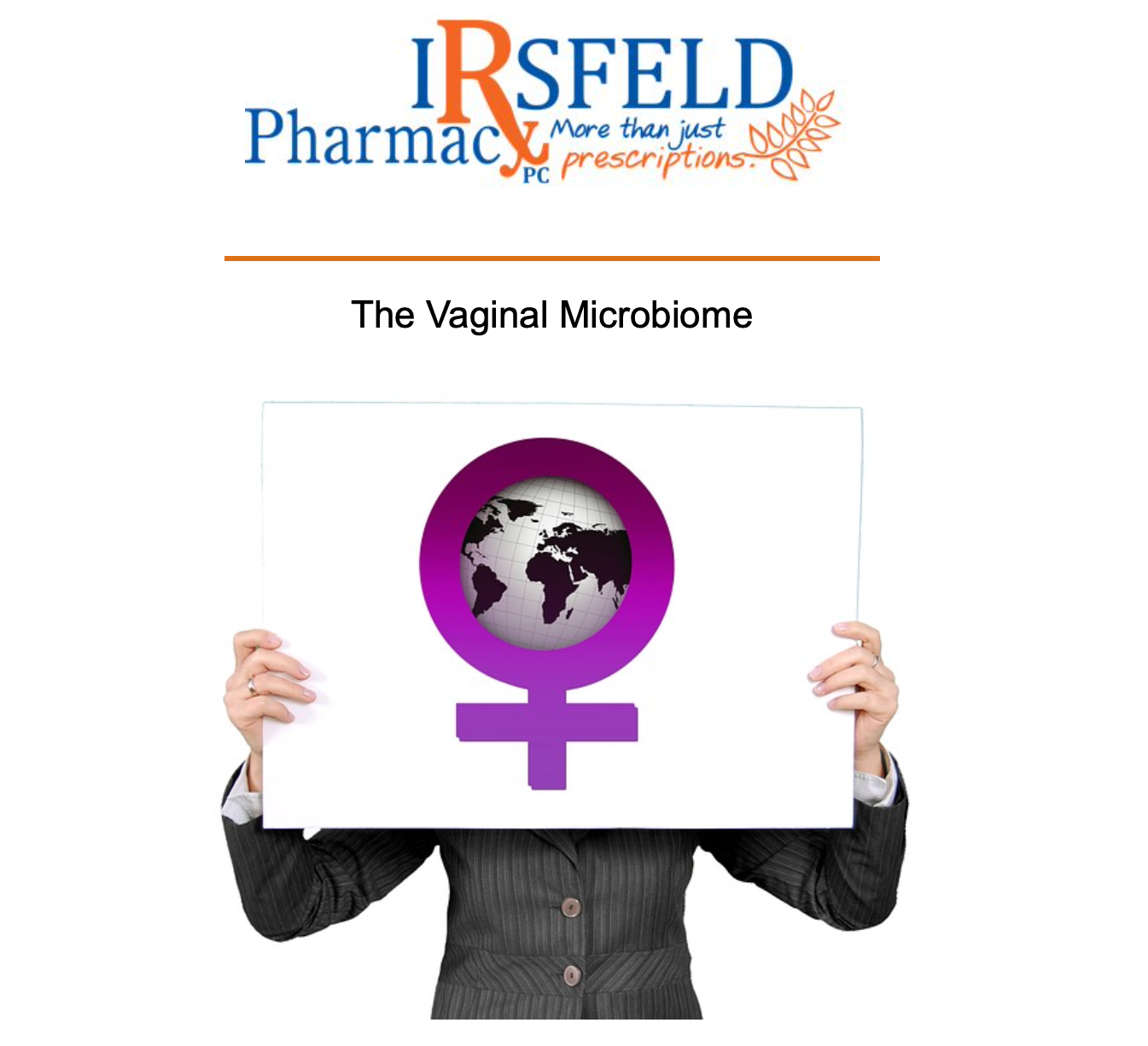
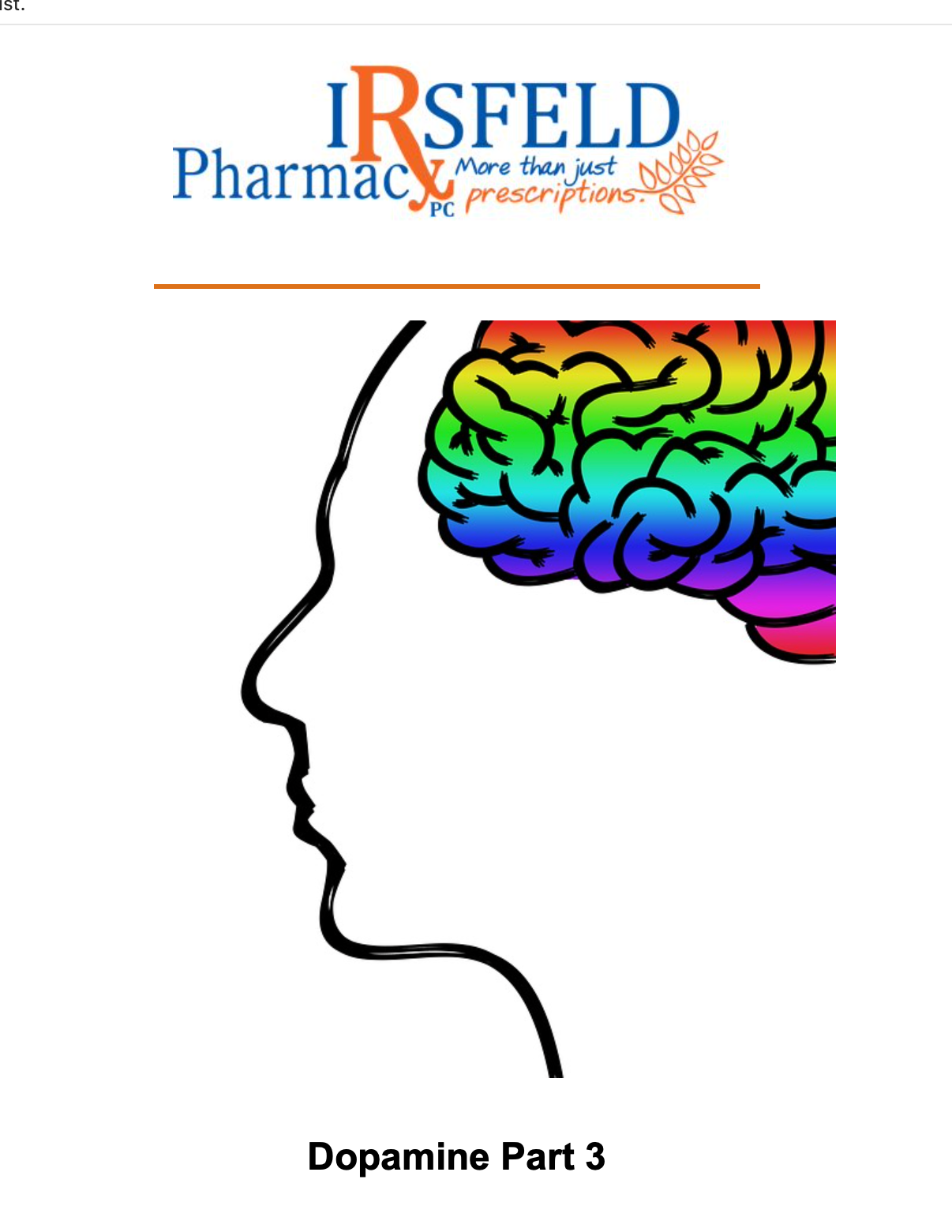
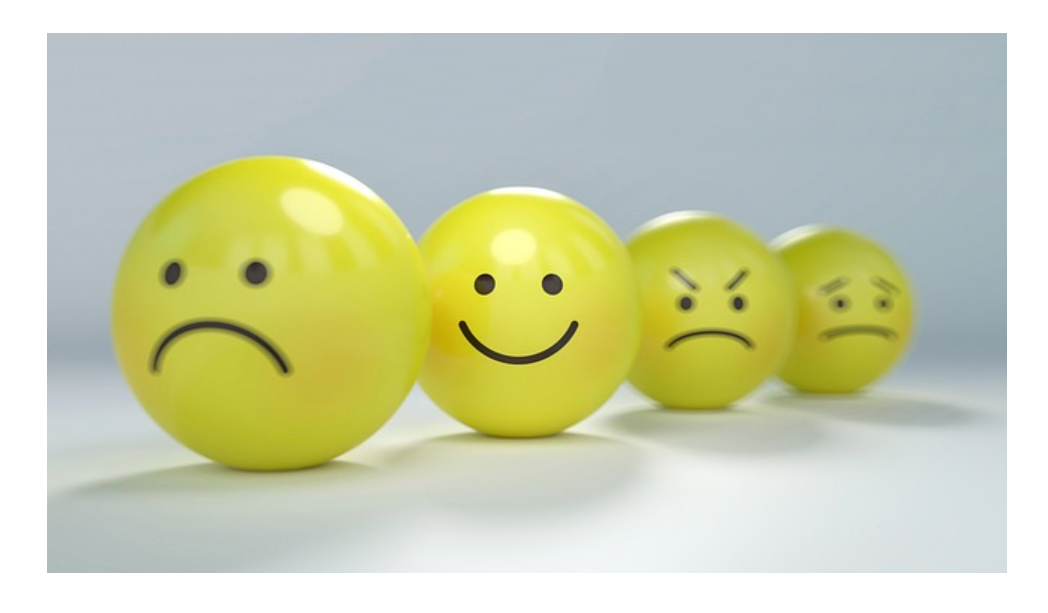
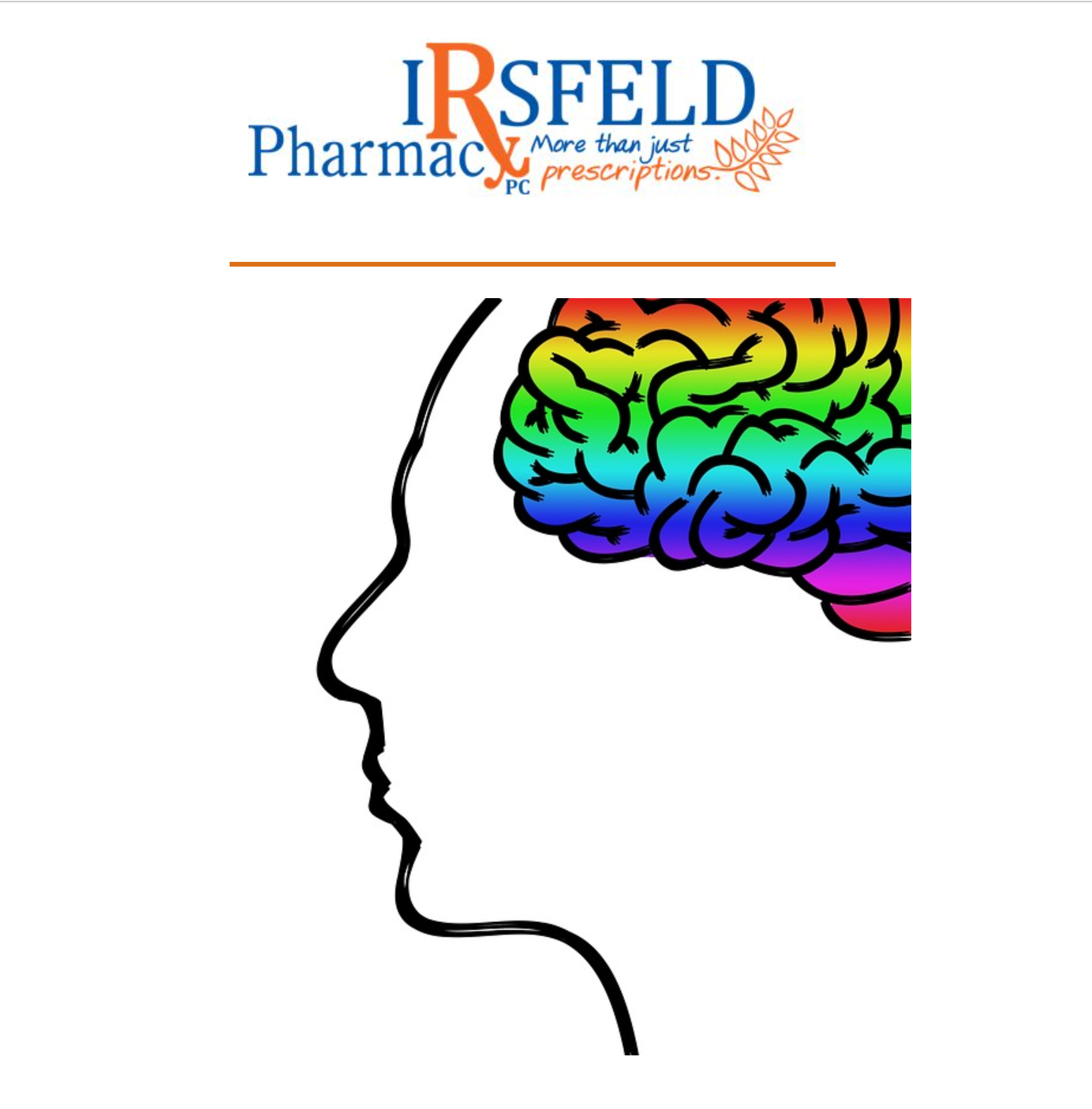
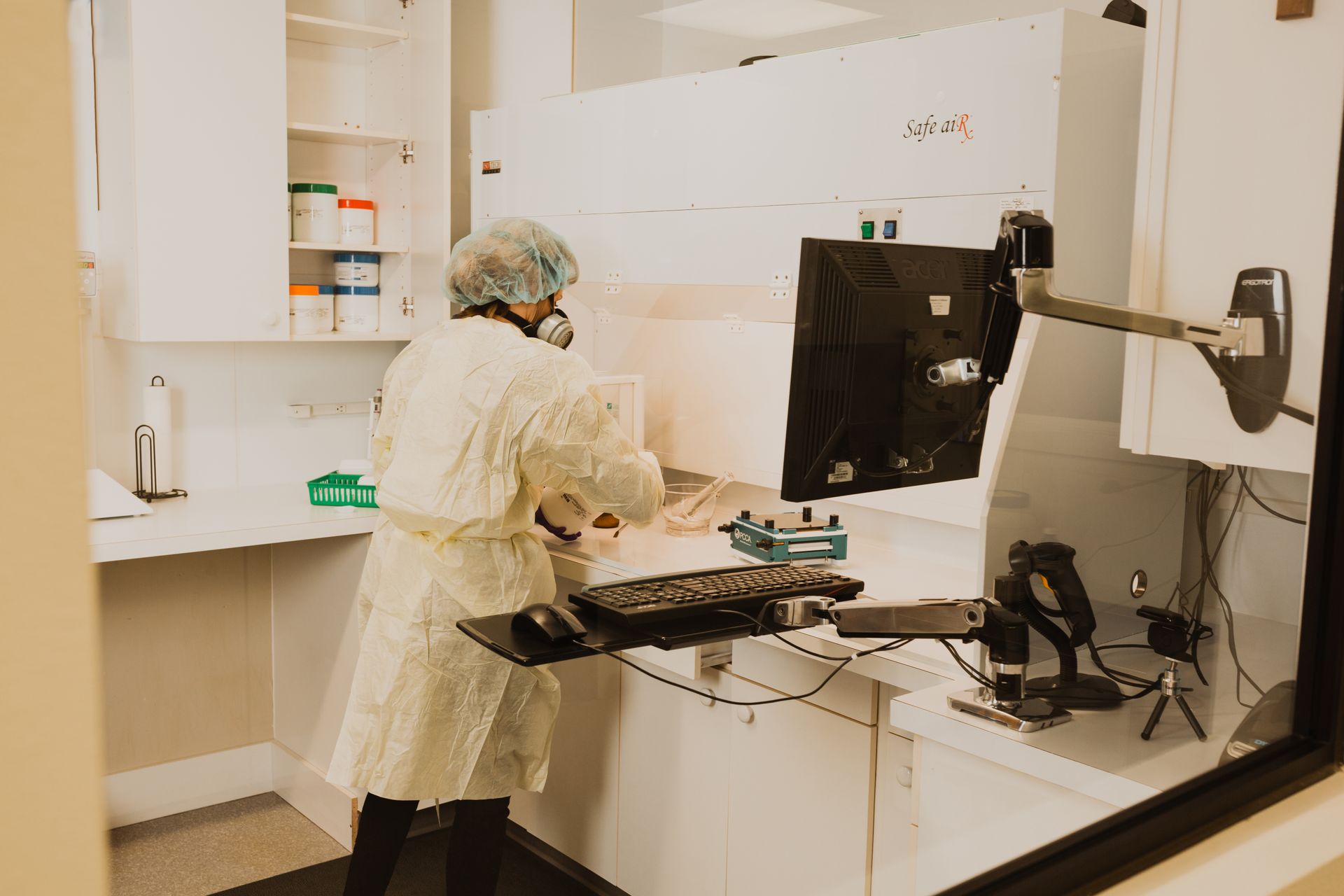

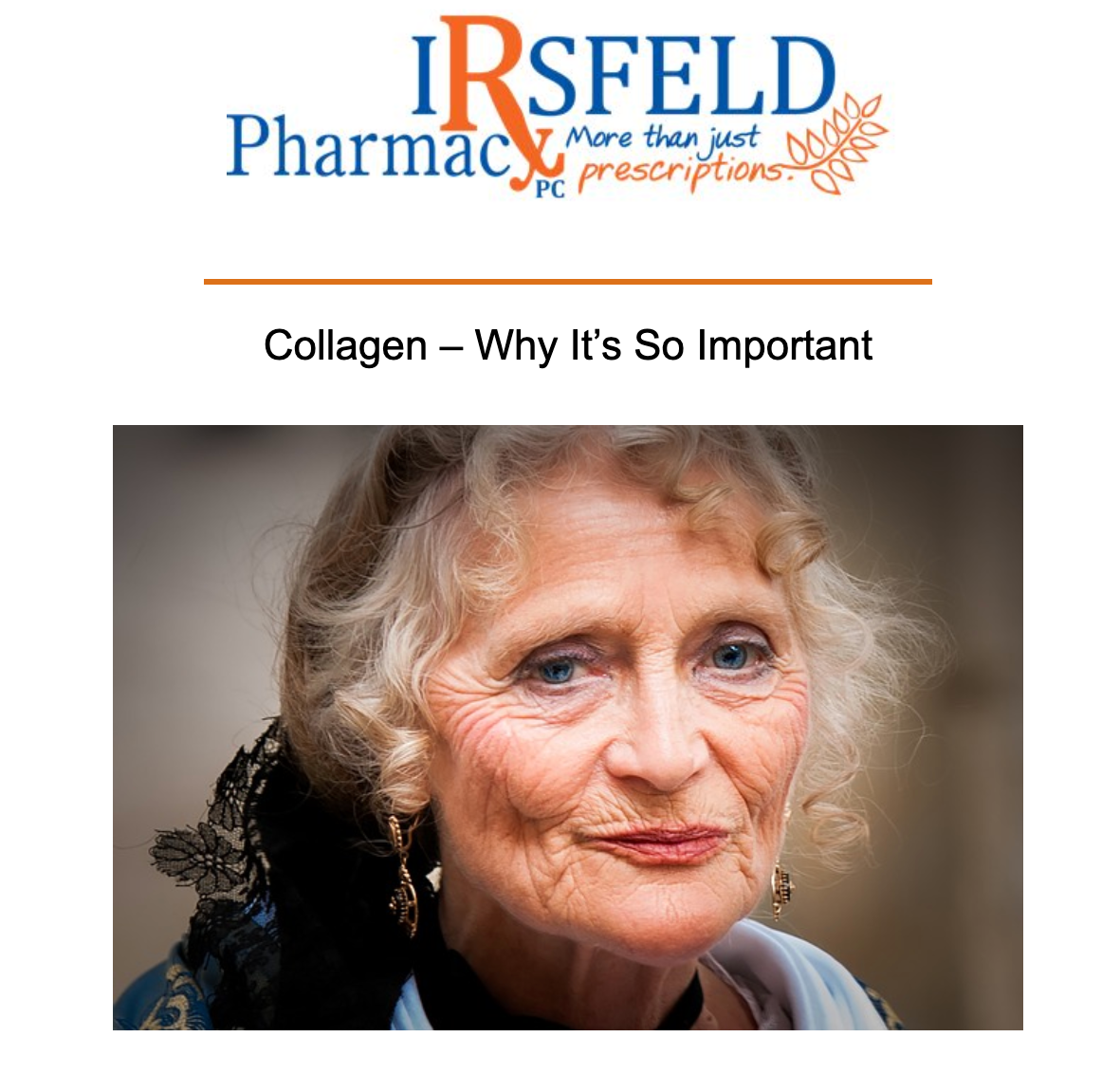
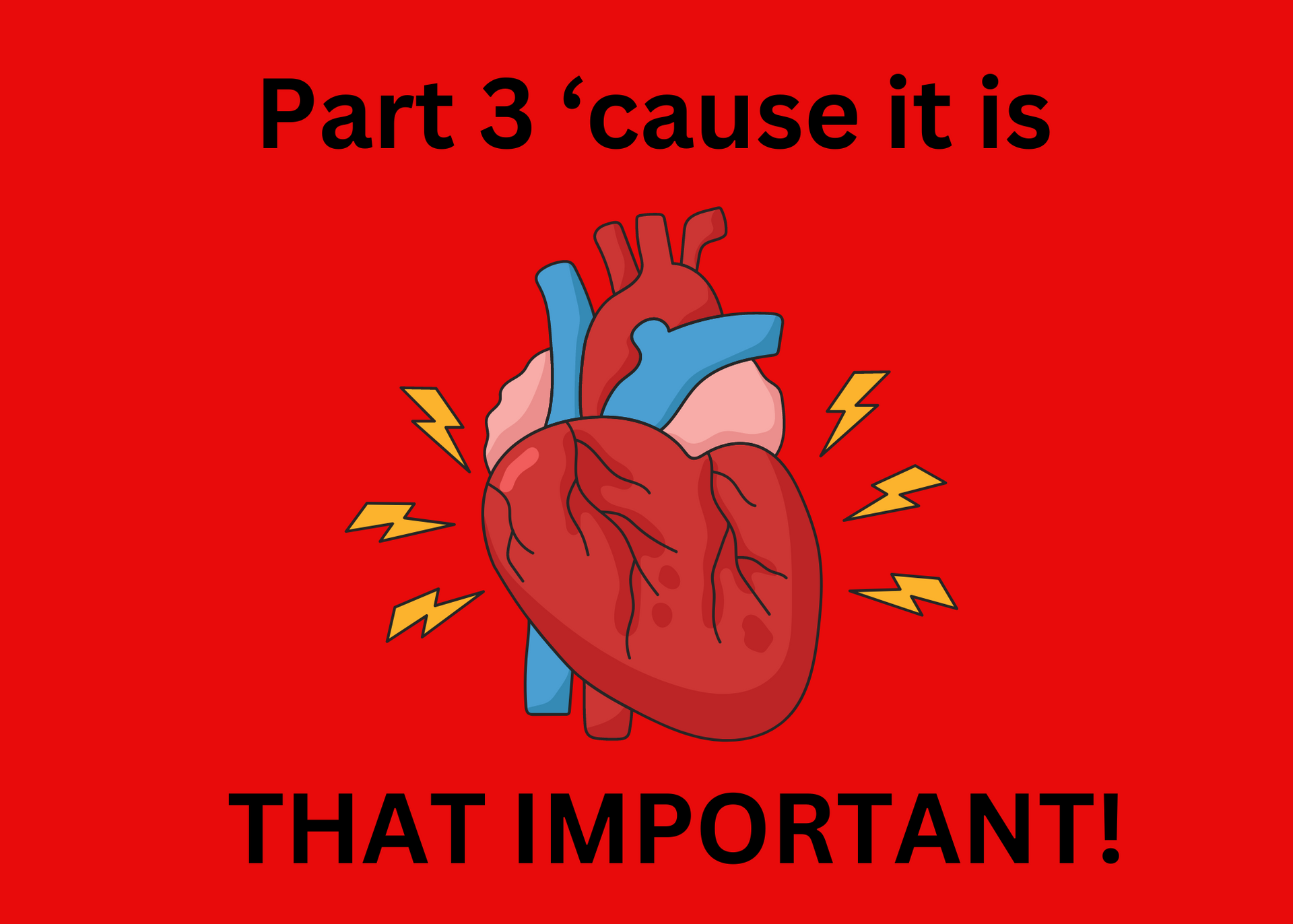
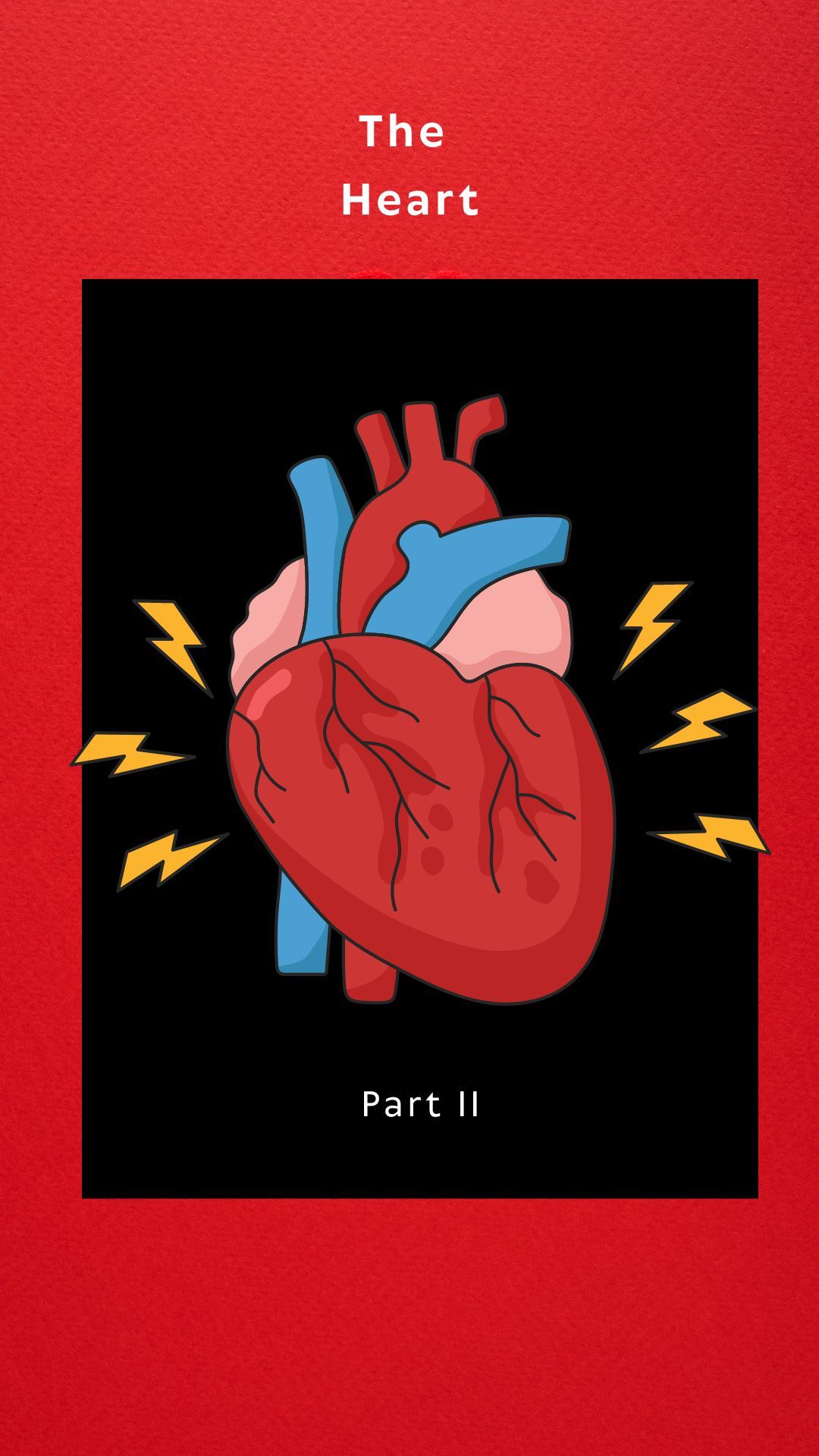
Share On: